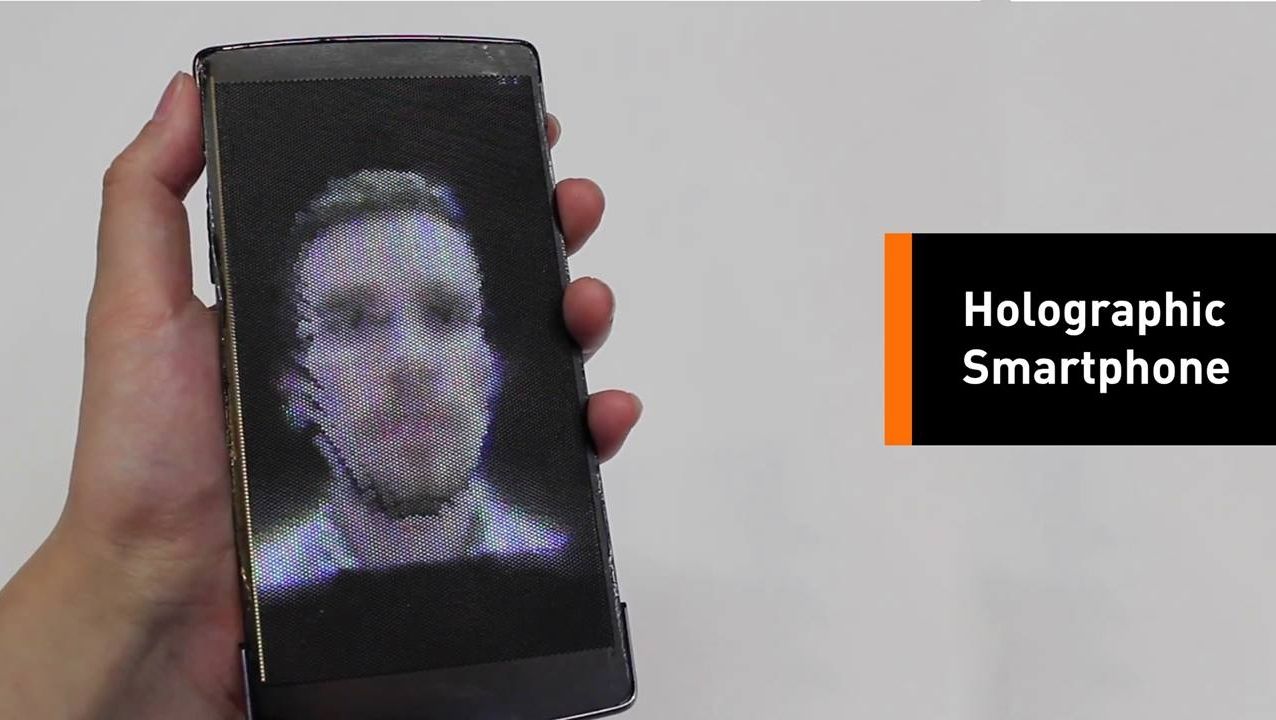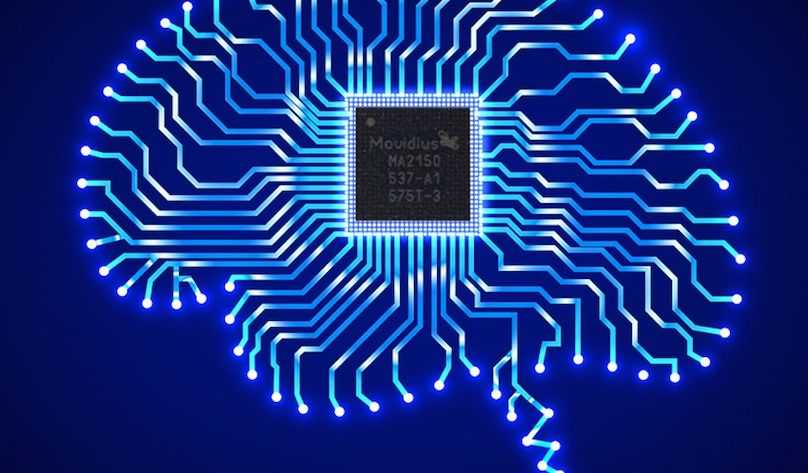May 12, 2016
Russell Smith: What’s behind our sudden fascination with immortality?
Posted by Karen Hurst in categories: biotech/medical, education, life extension, mobile phones, nanotechnology, particle physics, Ray Kurzweil, time travel
A documentary film just had its premiere at the Hot Docs festival in Toronto. How To Build A Time Machine, the work of filmmaker Jay Cheel, is a strange and incoherent little document of two middle-aged men with loosely related obsessions: One of them wants to build a perfect recreation of a movie prop – the machine from the 1960 movie The Time Machine, based on the H.G. Wells novel – and the other is a theoretical physicist who thinks he may have effected a kind of time travel in a lab, on a microscopic scale, using lasers that push particles around. The weak connection between the two men is that they both regret a death in their past – a best friend, a father – and are preoccupied with what they might have done to prevent the death; they both wonder if time travel to the past might have been a remedy for death itself. (Compared to the protagonist of Zero K who seeks immortality as a way of avoiding the loss of a loved one.) The 80s synthpop song Forever Young by Alphaville booms symbolically at one point.
Why this sudden ascendancy of yearning for immortality now? Is it simply because immortality of a medical sort might be imminent, a result of technological advances, such as nanobots, that will fight disease in our bloodstream? Or is it because, as Ray Kurzweil implies, digital technology is now so advanced that we have already left our bodies behind? We already live outside them, and our digital selves will outlive them. (“I mean,” says Kurzweil, “this little Android phone I’m carrying on my belt is not yet inside my physical body, but that’s an arbitrary distinction.”)
The frequently quoted axiom of Arthur C. Clarke – “Any sufficiently advanced technology is indistinguishable from magic” – is pertinent to this current fascination with life without end. We are now perceiving technology as not just magic but as god-like, as life-giving, as representing an entirely new plane of being.
Continue reading “Russell Smith: What’s behind our sudden fascination with immortality?” »

















